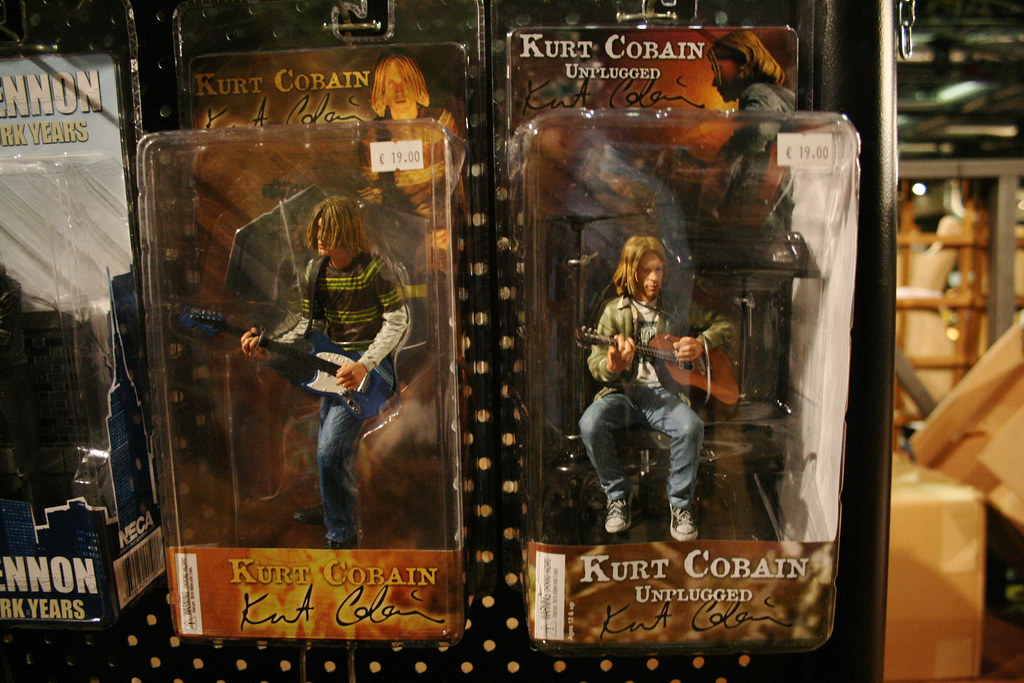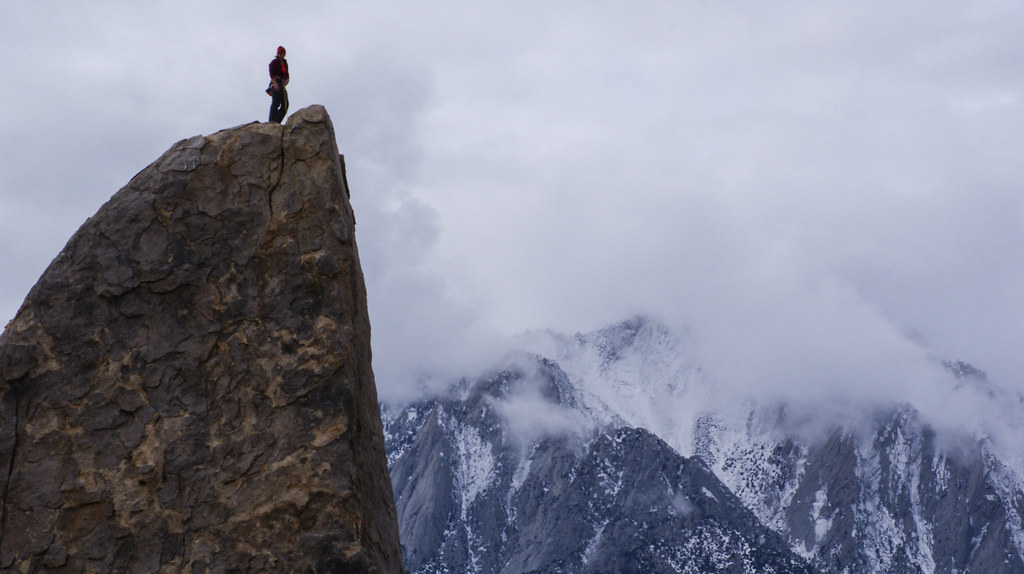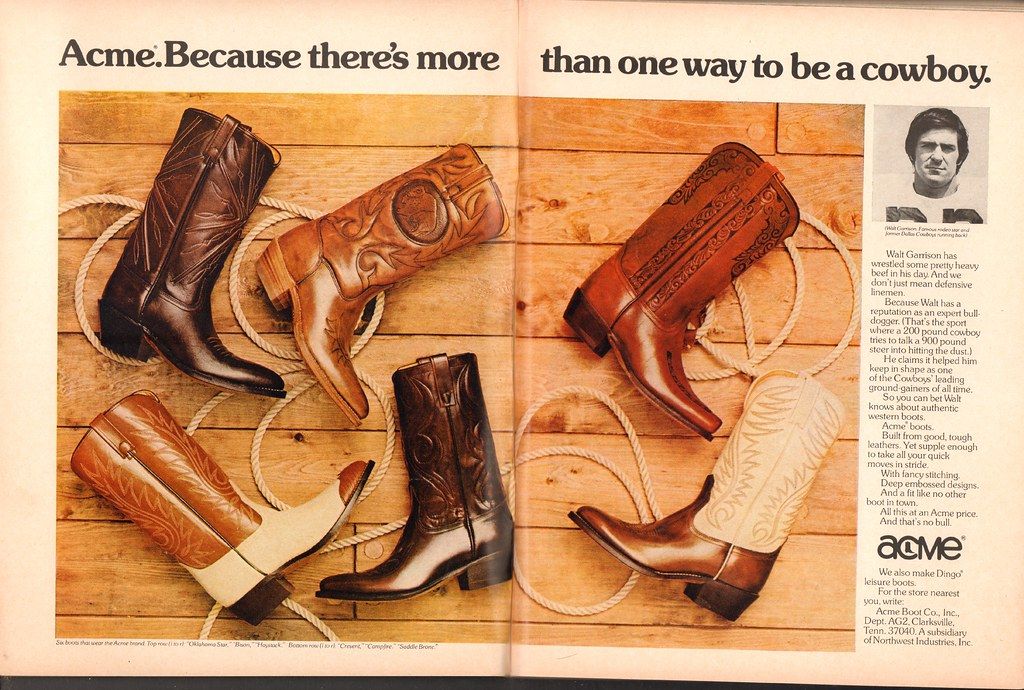
Football fans across the nation, and especially those deeply rooted in the lore of the Dallas Cowboys, are collectively mourning the profound loss of a true gridiron and rodeo icon. Walt Garrison, the beloved star fullback who embodied the very spirit of the Lone Star State, has passed away at the age of 79.
His death earlier this week, confirmed by a press release from the Cowboys themselves, marks the end of an era for a player whose impact transcended mere statistics. Garrison wasn’t just a force on the football field; he was a cowboy in every literal sense of the word, a unique character whose authenticity resonated deeply with fans.
Born in Denton, Texas, Walter Benton Garrison’s roots were firmly planted in the Texas soil. His journey to athletic stardom began at Lewisville High School, where he excelled not only in football as a linebacker but also showcased his versatility in baseball and basketball, and notably, as a member of the rodeo team.
His collegiate path led him to Oklahoma State University in 1962, a fitting destination for a true cowboy, playing for a team aptly named the Cowboys. Initially joining as a linebacker, Garrison soon found his true calling in the backfield, transitioning to running back.
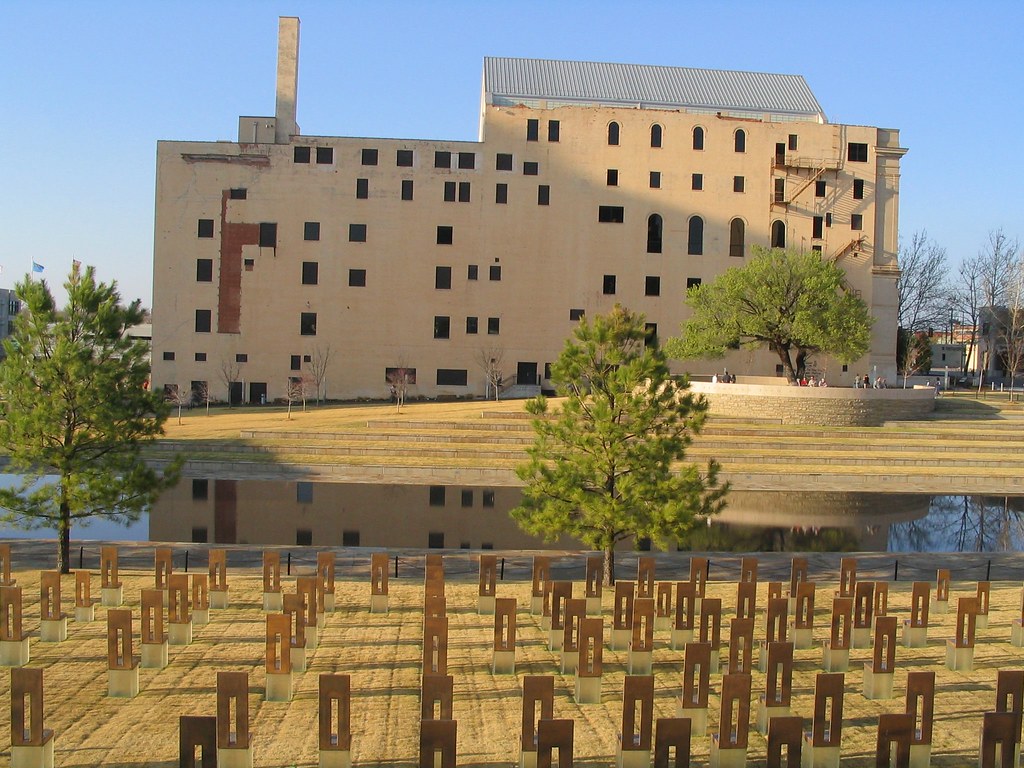
It was at Oklahoma State where Garrison began to truly shine, leaving an indelible mark on the program. During his junior year in 1964, he led the Big Eight Conference in rushing with an impressive 730 yards, even surpassing the electrifying future Pro Football Hall of Famer, Gale Sayers of the University of Kansas.
His senior year in 1965 saw him continue his dominant form, finishing with 924 rushing yards and five touchdowns, along with 107 receiving yards, earning him a spot on the All-Big Eight team. Garrison capped off his college career memorably, helping Oklahoma State defeat Oklahoma University for the first time in two decades.
Reflecting on his college choice, Garrison once said, “Oklahoma State was the only (school) that offered me a scholarship.” He further added, “When you’ve only got one to choose from, it doesn’t take you long to make up your mind.” His affection for Stillwater was clear: “I liked Stillwater. People said, ‘You’re not going to like Stillwater because it’s stuck right out in the middle of nowhere.’ Well, that’s the thing I liked about it the most. They had horses and cows and sheep, and hogs. Stuff I was used to.”
Following a stellar collegiate career, Garrison was a dual draft pick in 1966, selected by both the Dallas Cowboys in the fifth round (79th overall) of the NFL Draft and the Kansas City Chiefs, then in the American Football League. He chose to stay home, joining the Dallas Cowboys.
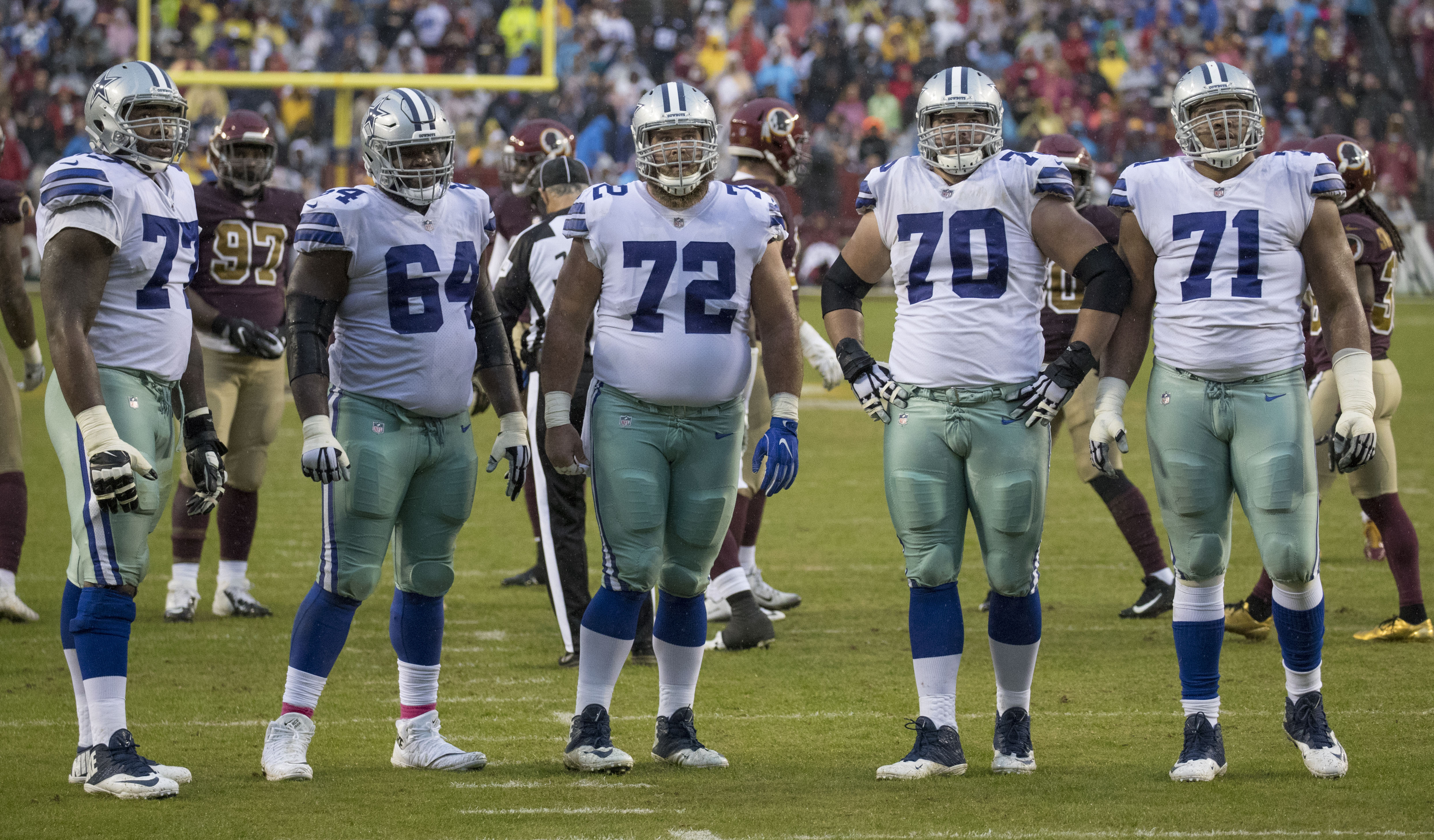
His rookie contract with the Cowboys became part of franchise lore due to an unusual signing bonus: a horse trailer. This unique concession, offered in lieu of money, allowed him to continue pursuing his passion for rodeo even as his professional football career began.
Initially, Garrison embraced a minor role, joking that for his first two years, head coach Tom Landry simply knew him as “Number 32.” He once quipped, “I don’t think Tom remembered my name until my third year in the league.” During these early seasons, he primarily served as a backup fullback, gaining 445 yards on 20 kickoff returns for a 22.3 average.
It was during this rookie year that Garrison truly lived up to his “cowboy” moniker in a way few professional athletes ever could. As a little-used backup, he would attend team meetings, then slip away to compete in local rodeos as a steer wrestler, returning to the team hotel before the 11 p.m. curfew.
His reasoning was simple and straightforward. He stated, “I wasn’t starting. I was returning punts and kicks and covering on the kamikaze squad, that’s all I was doing. And hell, you could get hurt worse on them than you can rodeoing. I didn’t think much about it, but the Cowboys did.”
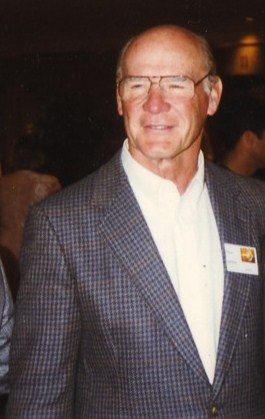
This clandestine double life, however, couldn’t remain a secret forever. According to the Cowboys, an anonymous call to Coach Landry eventually exposed Garrison’s nocturnal rodeo activities. “And then somebody called Coach Landry and said, ‘We think it is so nice that the Cowboys let Walt come over here and bulldog the night before a game,’” Garrison recalled.
This revelation led to a stern, yet characteristic, meeting with the legendary coach. Garrison recounted, “So then I had a meeting with Coach Landry the next day, who told me, ‘Don’t do that anymore.’” While Landry prohibited in-season rodeoing, he permitted Garrison to continue during the offseason.
Landry, ever the pragmatist, reminded Garrison of a critical clause in his contract. “Coach Landry pointed out that there was a clause in my contract that if I got hurt doing another sport, that my contract would be null and void,” Garrison said.
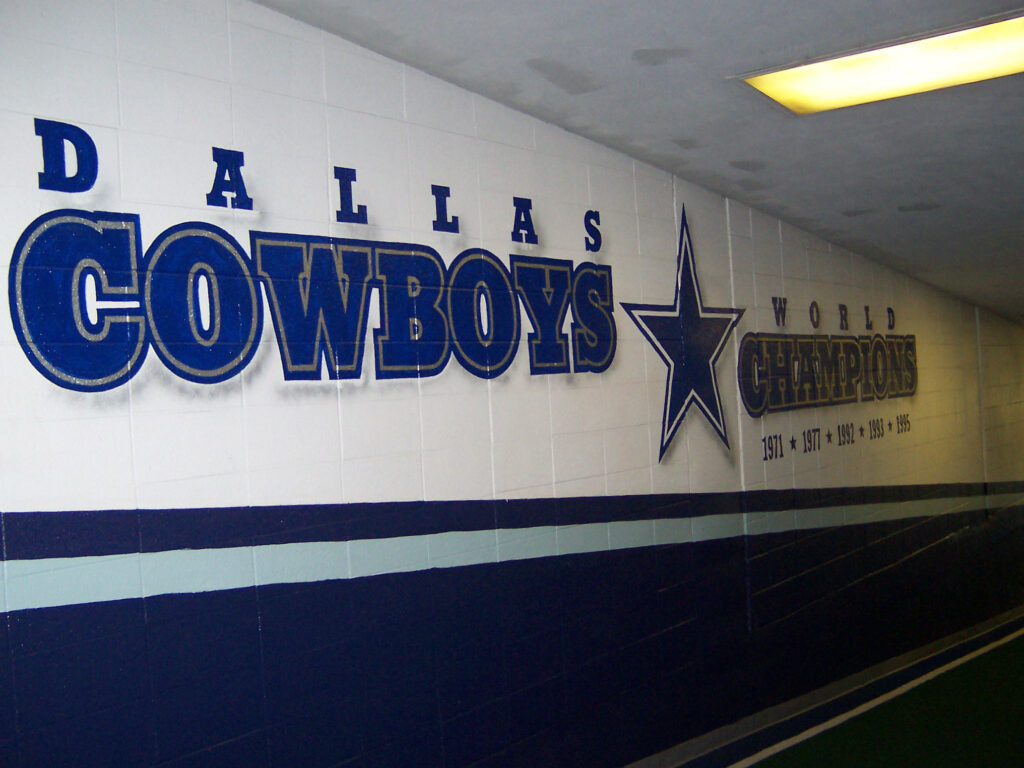
His response, delivered with his characteristic dry wit, was simple: “And I said, ‘OK.’ I didn’t think rodeo was that dangerous.” This belief, however, would later prove to be an ironic twist in his career, though he maintained that rodeo wasn’t as perilous as some might imagine.
On the football field, Walt Garrison was renowned for his hard-nosed, relentless style. Though he never reached the 1,000-yard rushing plateau in a single season – a common benchmark for a star running back – his impact was undeniable. His best season came in 1969, when he rushed for 818 yards on 176 attempts.
Despite lacking blazing speed or imposing size at six feet tall and 205 pounds, Garrison possessed a profound toughness that made every attempted tackle a wrestling match. As Coach Landry observed in a documentary, “He wasn’t really very fast, he wasn’t very big, he wasn’t very anything, really, I thought. But the thing we discovered about Walt Garrison was, he had a heart about as big as he was.”
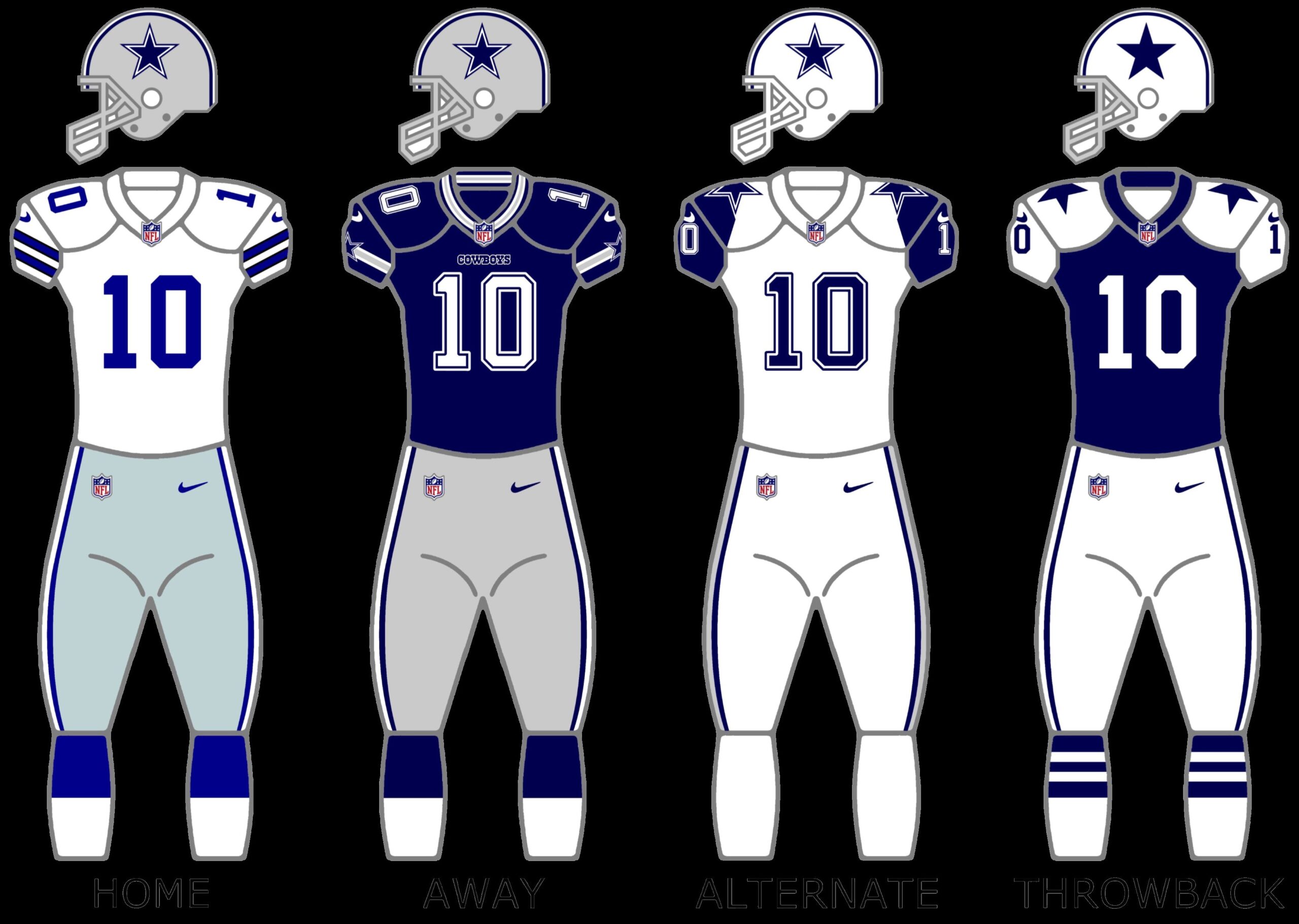
This immense heart translated into consistent, grinding yardage. His Cowboys quarterback, Don Meredith, another colorful Texan, perfectly encapsulated Garrison’s reliability with a memorable quote: “If you needed four yards, you’d give the ball to Walt Garrison and he’d get you four yards. If you needed 20 yards, you’d give the ball to Walt Garrison and he’d get you four yards.”
Across nine seasons with the Cowboys, Garrison played in 119 regular-season games and 13 playoff games. He retired in 1974 as the team’s third all-time leading rusher with 3,886 yards and fourth all-time receiver with 1,794 yards. He still ranks fourth on the club’s all-time list for average yards per rush (4.32) and ninth in career rushing yards (3,491).
His toughness was legendary, even by the brutal standards of professional football. In the 1970 National Football Conference championship game against the San Francisco 49ers, Garrison fractured his clavicle and suffered a leg injury. Yet, demonstrating his iron will, he soon rallied to come off the bench and catch a touchdown pass, carrying the ball 17 times for 71 yards.
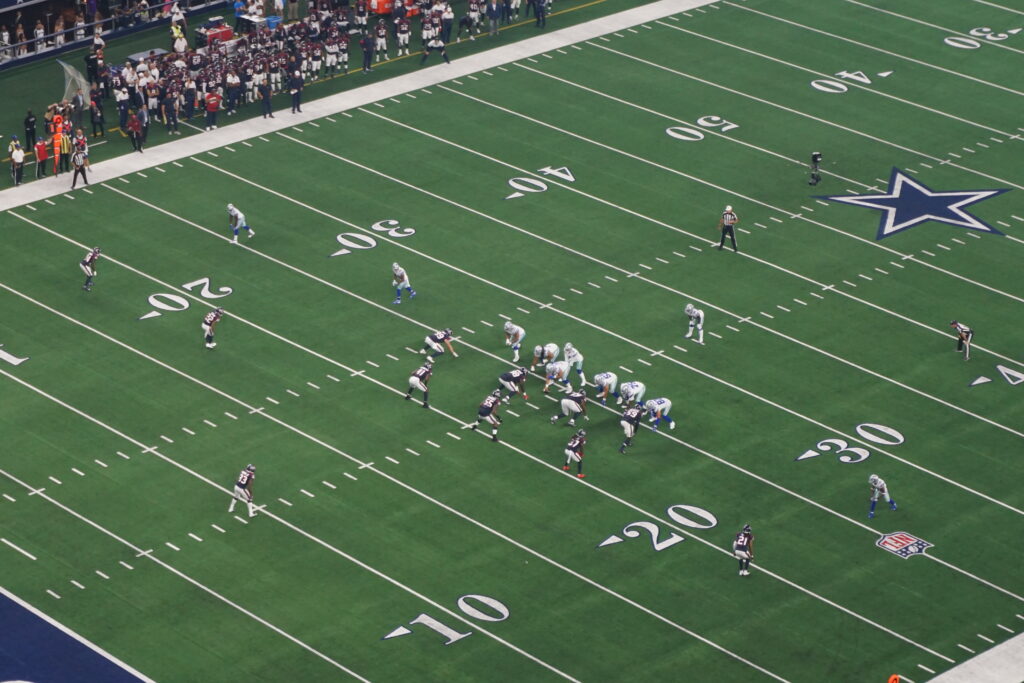
When asked about playing through such pain, Garrison famously remarked in a 2017 video interview, “That’s why they make Novocaine. If you can’t feel it, it doesn’t hurt.” This remarkable resilience allowed him to fight through pain and start Super Bowl V two weeks later against the Baltimore Colts, gaining 65 yards on 12 carries in a hard-fought 16-13 loss.
Garrison earned his coveted Super Bowl ring the following year, playing a vital role in the Cowboys’ 24-3 triumph over the Miami Dolphins in Super Bowl VI. In that championship victory, he ran for 74 yards on 14 carries, solidifying his place in Cowboys history as a Super Bowl champion.
His exceptional performance in 1972, where he ran for 784 yards and seven touchdowns, adding 390 receiving yards and three more scores, earned him a well-deserved Pro Bowl selection. That year, he scored a total of 10 touchdowns and amassed 1,174 total yards.
Beyond his physical durability, Garrison’s cowboy persona was also reflected in an incident during the 1972 season. He needed 16 stitches to close a gash on his finger, sustained when he accidentally cut himself while whittling. Even after the season, he played in the Pro Bowl despite a cut on his face from steer wrestling just days prior.
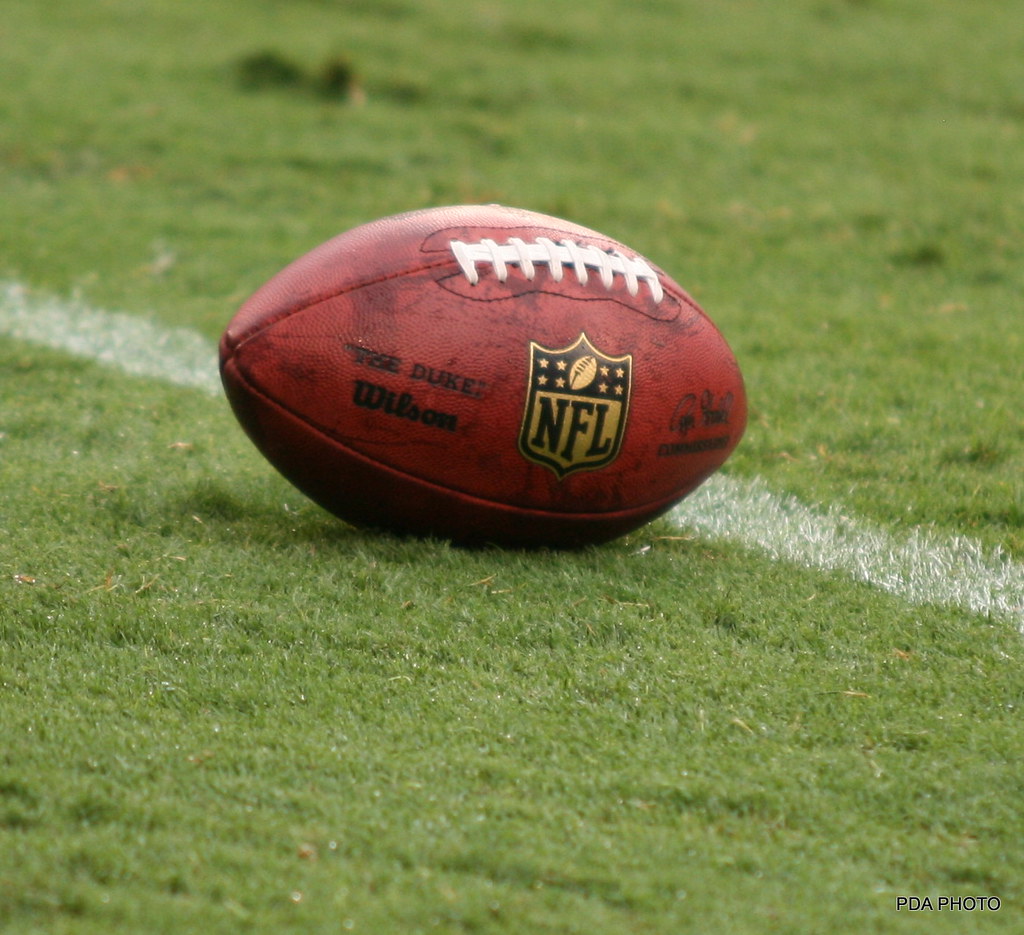
In an ironic turn of events, it was an injury sustained in his beloved rodeo arena that ultimately brought his football career to an end. In 1975, while steer wrestling, also known as “bulldogging,” Garrison tore up his knee. This injury, occurring in Bozeman, Montana, forced his retirement from the NFL at the age of 30.
However, Garrison expressed little regret about the circumstances of his retirement. He saw it as a fitting conclusion, stating, “But that gave me a good way to retire without someone saying, ‘Well, you’re too old and you’re too slow.’ I could say, ‘Well, I’d still be playing if I hadn’t hurt my knee.’”
He often drew parallels between his two passions. “There are a lot of similarities between rodeo and football,” Garrison explained, comparing the intense three or four seconds it takes to wrestle a steer to the typical duration of an NFL play. He noted, “And the amount of energy and the amount of focus you need to have in bulldogging is the same as in football.”
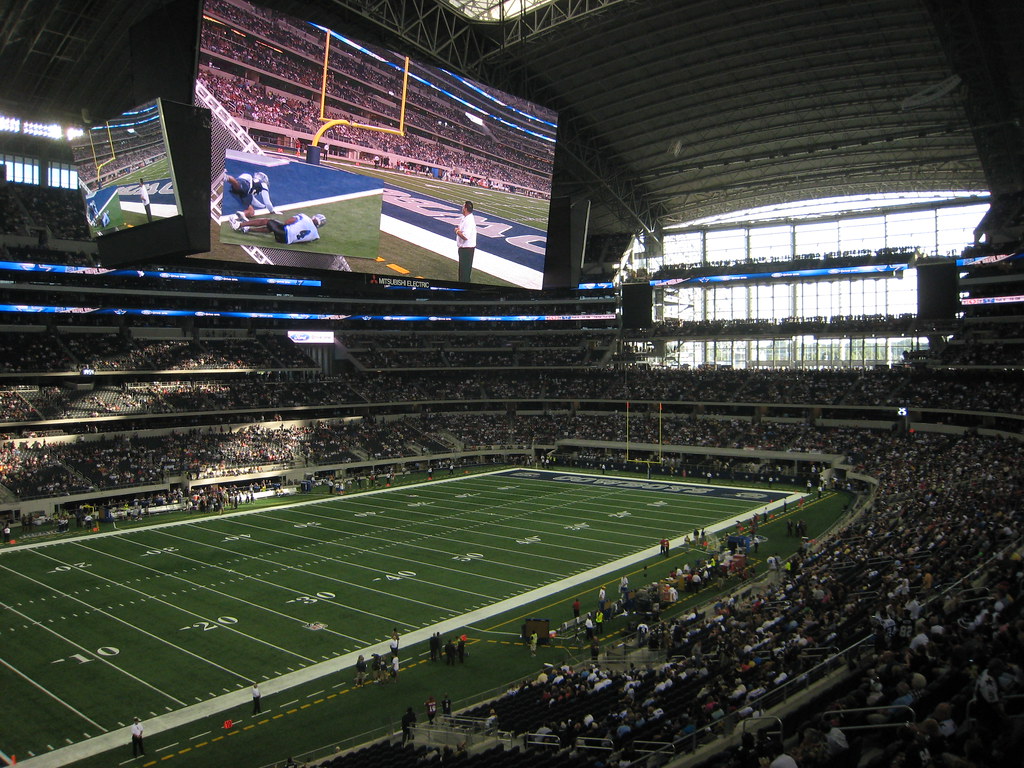
After his playing career, Walt Garrison’s distinctive cowboy persona continued to thrive. He became a national celebrity as a longtime spokesman for U.S. Tobacco, specifically its smokeless product, Skoal. His ubiquitous television commercials, broadcast during football season when tobacco ads were permitted, cemented his image.
His iconic catchphrase, delivered with a grin and his thick Texas twang – “Just a pinch between your cheek and gum is all it takes, and it feels real good in there” – became a part of the national lexicon. He skillfully kept his tongue and dipped firmly in cheek, endearing himself to audiences across the country.
Beyond commercials, Garrison leveraged his dual fame in football and rodeo for charitable causes. He raised over $4 million to benefit people with multiple sclerosis through various rodeo charity events, demonstrating his generous spirit and commitment to helping others.
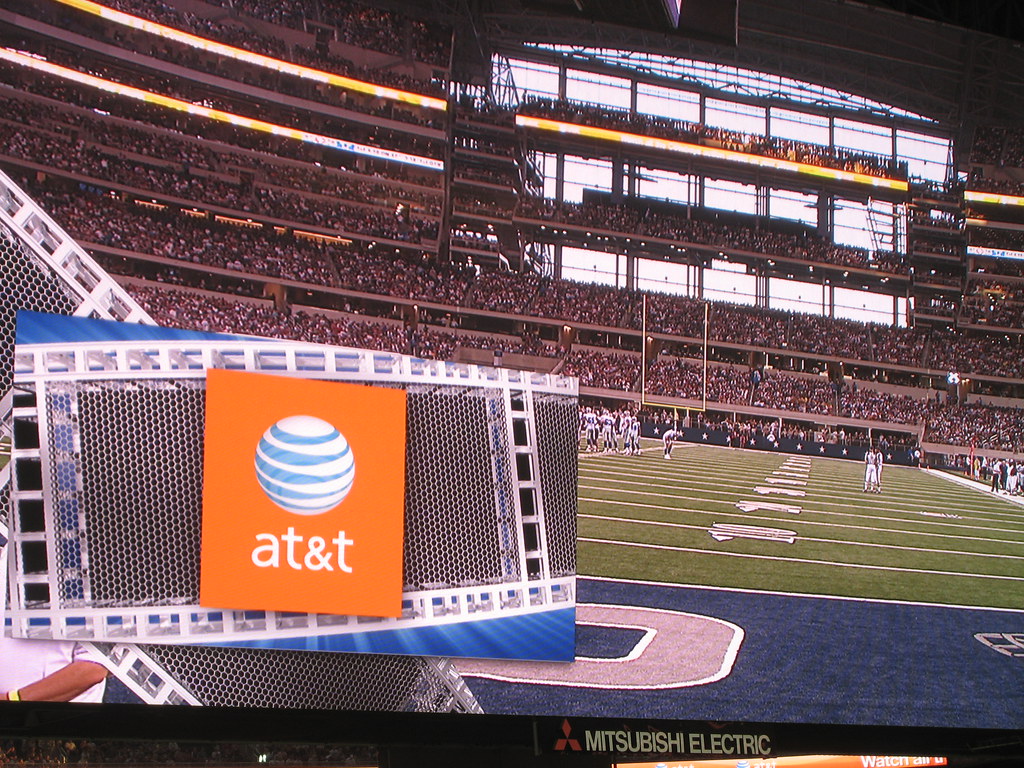
Garrison’s remarkable life and career have been recognized with numerous prestigious inductions. He is a member of the Oklahoma Sports Hall of Fame, inducted in 1993, and the Oklahoma State Athletics Hall of Honor, where he was inducted in 2000.
His legacy is also celebrated in his home state, with inductions into the Texas Cowboy Hall of Fame and the Texas Sports Hall of Fame in 2012. Additionally, he was named to the Dallas Cowboys’ 25th anniversary team, a testament to his enduring impact on the franchise.
In 2018, his profound connection to the sport he called his first love was formally acknowledged with his induction into the ProRodeo Hall of Fame. His son, Marty Garrison, confirmed his father’s deep affection for rodeo, saying, “His first love was rodeo, no doubt, ever since he was really young. That’s what he would have done had he not played football in college and then gotten drafted by the Dallas Cowboys. His whole life, his love was rodeo.”
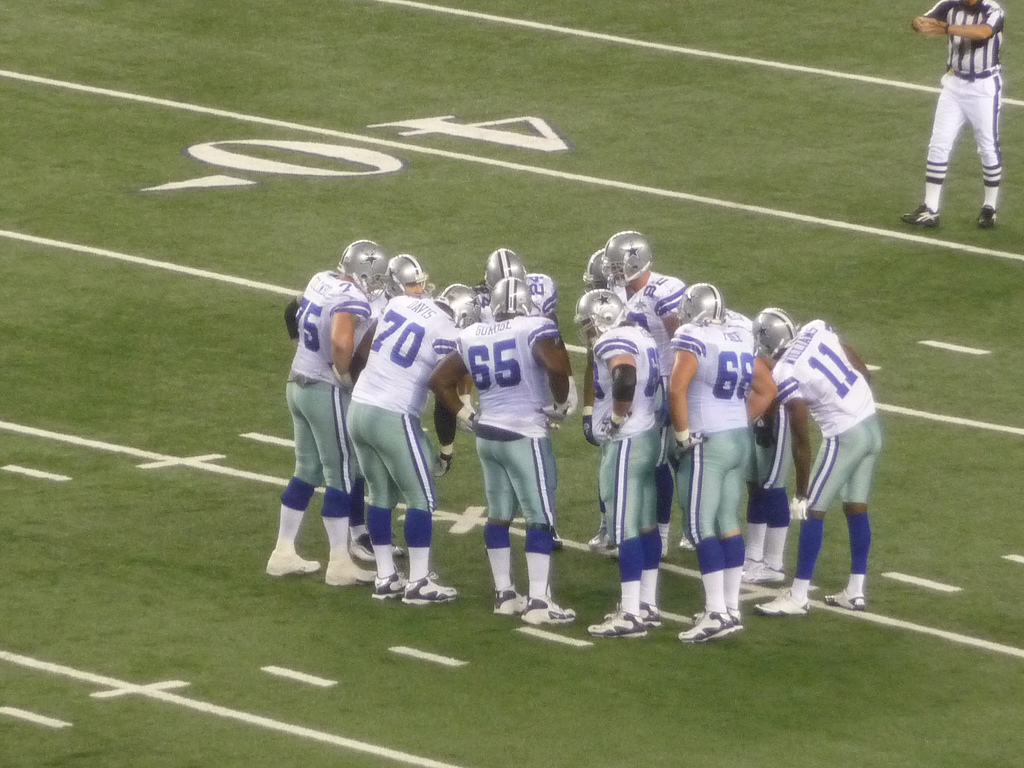
Describing himself as a “country boy,” Garrison always preferred the open spaces to the bustling city life. “I don’t like to live in town, I don’t like downtown Dallas with the crowds and the stoplights and everything. I like it out,” he stated in a documentary about his career.
This authentic, down-to-earth nature, coupled with his twangy accent, wide cowboy hats, and even the sharp knife he carried for whittling, made him a de facto mascot for the Cowboys. He embodied the Texas mythos like few others, becoming a cult hero in his home state as the rare Cowboy who actually was a cowboy.
Tributes poured in following the news of his passing. Tony Casillas, a former Dallas Cowboy, described him as “a true gentleman and Cowboy,” adding that “his storytelling was magnificent.” Oklahoma State Football’s social media shared a post mourning the loss of the “standout athlete” who was also “part of the Dallas Cowboy generation that launched America’s Team.
Don Meredith’s timeless observation, shared by Traces of Texas, perfectly captured Garrison’s unwavering dependability: “If it was 3rd down, & you needed 4 yards, Walt would get you 5. If it was 3rd down & 20, by God, Walt would get you 5!” This encapsulates the essence of a player who consistently gave his all, regardless of the odds.
Walt Garrison was a throwback, a true original whose vibrant spirit and genuine character will forever be etched in the annals of football and rodeo. His life was a testament to grit, humor, and an unyielding passion for his twin loves. He wasn’t just a player; he was a legend, a character whose story, rich with Texan charm and unwavering determination, will continue to inspire and entertain for generations to come. Though he may be gone, the legend of Walt Garrison, the ultimate cowboy, will undoubtedly live on.

